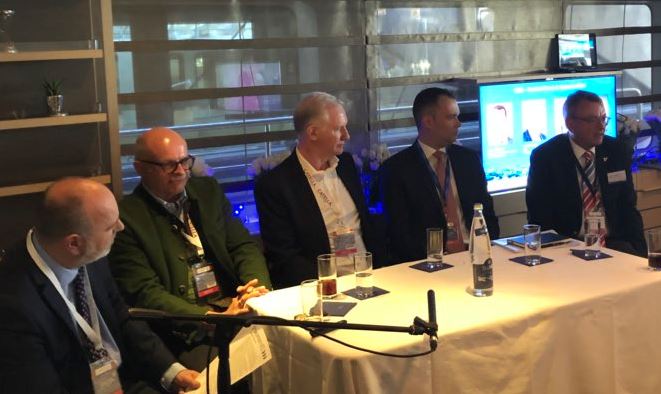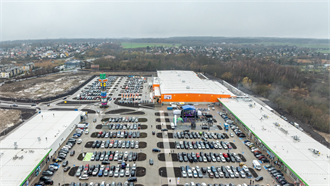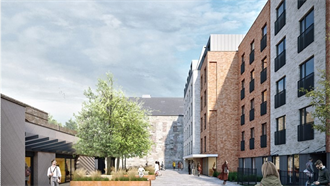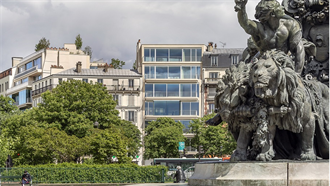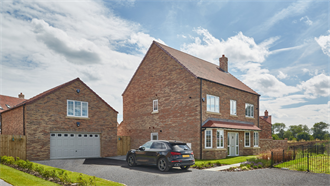Domestic real estate investors are playing an ever-bigger role in Central and Eastern Europe, making the market more stable and liquid and giving foreign investors confidence in its prospects.
‘We love the domestic story,’ said Luke Dawson, managing director, head of capital markets CEE, Colliers International. ‘It is committed capital that will stay even if there is a recession. It gives confidence to foreign investors that if they want to sell there is going to be an exit.’
Dawson was speaking at the PropertyEU CEE capital flows and opportunities briefing, which was held on the Colliers International yacht at Mipim in Cannes.
The investment split shows that investors from Western Europe are still the biggest with 27%, followed now by CEE domestic with 18%, with South Africa in third place (14%), followed by Asia (11%), the US (10%) and the UK (8%). Western European, US and UK investors were net sellers last year, while Asian and South Africans were net buyers.
‘CEE is still very diversified in terms of where the money is coming from, but domestic capital has seen the biggest growth last year with +32%,’ said Mark Robinson, CEE research specialist, Colliers International. ‘Their presence had been missing so far, but now it is coming to the fore. It is a positive development because domestic investors create liquidity, prevent volatility and guarantee stability. They steady the ship.’
South African capital
South Africa is the single biggest country investing in CEE, followed by the Czech Republic, which accounted for nearly one in every 7 euros of total investment in the region in 2017. Hungary topped the chart, as 53% of transactions last year involved a domestic buyer. In Poland and Romania it was one in six.
Domestic investors are likely to be even more active in the year ahead, while South Africans may reduce their exposure. ‘SA investment was to a large extent a currency play against a depreciating rand,’ said Dawson. ‘Now with a new business-friendly president, Cyril Ramaphosa, and more political stability in the country the rand has strengthened, putting pressure on the funds in CEE. I think they will be still be active but more selective and we will not see the growth of the last few years again.’
Asian investors
US investors are also retreating, but this is not a negative sign, said Dawson: ‘They have made good money in the last cycle, they are now exiting their positions but they will buy back at some point in the future.’
Nothing is likely to stop the growth of Asian investment in the region, with new sources of capital looking for opportunities. Investors from Hong Kong, China, Thailand and Singapore are already active in CEE. The Japanese have not stepped in directly buying assets, but they have invested indirectly in the region. The South Koreans ‘are exploring the opportunities and will be the next big source of Asian money,’ said Martin Sabelko, MD Austria, Warburg-HIH Invest Real Estate.
Foreign and domestic investors will continue their peaceful and indeed mutually beneficial co-existence because they go after different assets. While Asians and US capital tends to look for big-ticket platform deals, said Robinson, ‘it is an established pattern that domestic buyers remain more active in smaller deals.’

